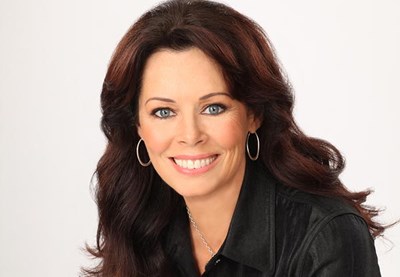Talking with Cheryl Richardson
“When I thought about how I would approach writing my new book,” Cheryl Richardson says, “my main goals were to keep it simple, fill it with inspiring examples, and give each reader something practical he or she could do within 24 hours.” Richardson, whose first book was the bestselling TAKE TIME FOR YOUR LIFE, is one of a new breed of self-help professionals, a life coach, and practicality is her stock in trade.
Professional life coaches work in partnership with their clients in a relationship that contains three key elements: permission to live the lives they want to live, practical advice on how to do that, and action-oriented steps to get started and keep going.
Life coaches come out of a variety of fields, counselors, teachers, lawyers, consultants, any number of service-oriented professions, and the best of them have professional certification from Coach University, founded by Thomas Leonard, Richard-son’s own coach. “Unlike therapeutic counseling,” Richardson says, “coaching is intentionally prescriptive. The point is identify the clients’ goals and the steps to get them there.” At the same time, the author says, she is also a strong advocate of therapeutic counseling for people who need emotional healing, in addition to coaching, to help them move forward.
A former tax consultant in the Boston area and now a regular on “Oprah,” Richardson decided to be-come a life coach after a stressful event: watching the family consulting business burn to the ground. From that experience came new horizons and two new careers, coaching and writing. “As a tax consultant,” Richardson says, “my clients’ personal situations frequently came up as we strategized how to handle their finances. I noticed that I really enjoyed dealing with the personal issues, as well as the financial.”
The key to meeting personal goals, Richardson believes, is working with a partner. While getting a life coach is the ideal, it’s not absolutely necessary. “You can improve the quality of your life by working with a friend,” she says, “setting goals and identifying action steps.” Having someone to report to regularly is a key ingredient to success.—Elizabeth K. Dodge
DEC/JAN 00/01







